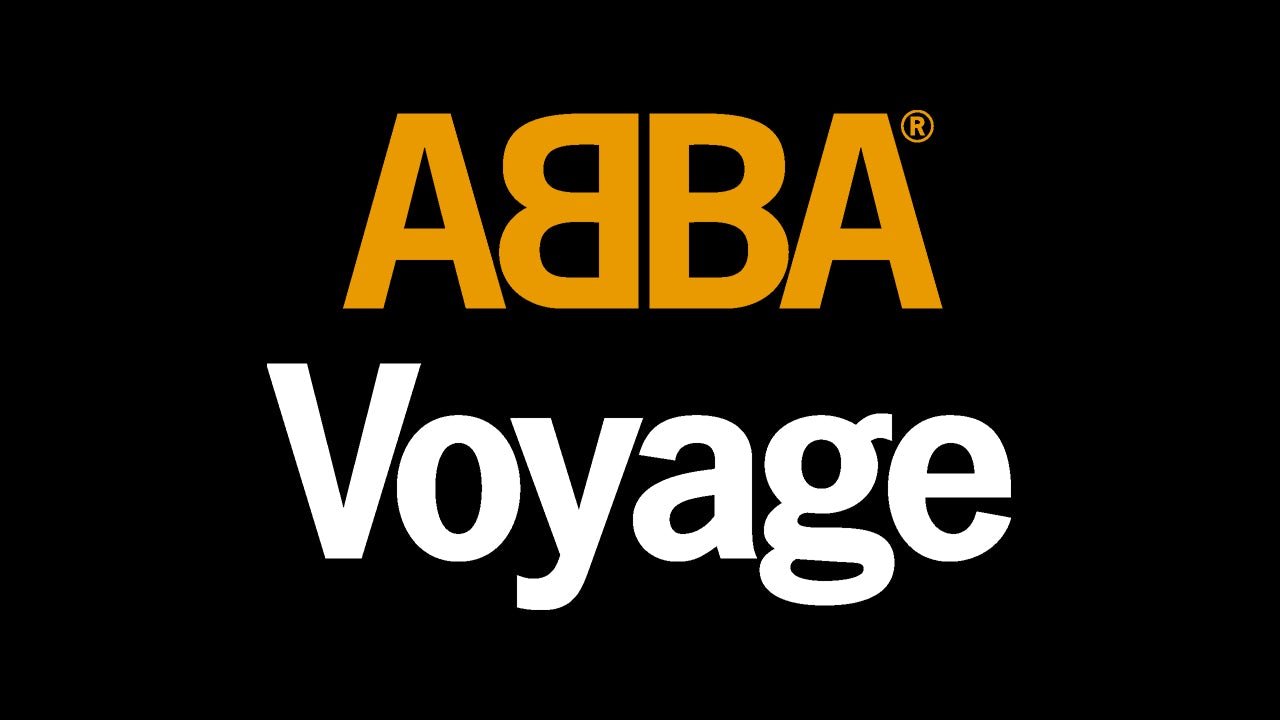Live music has, for obvious reasons, had a challenging few years. One of the upshots, however, has been a chance to rethink what the ‘live’ experience means. Thanks to today’s technologies, should artists wish (and have the resources), there are endless opportunities to be more than just people singing and dancing on stage — there’s more capacity than ever for ambitious visuals, lighting, staging and sound-creation than ever.

In light of all this, it’s interesting that one of the most revolutionary approaches to the live music experience hasn’t arrived courtesy of artists we’d usually assume to be the most experimental or forward-thinking — or with the biggest hype (a mind-numbingly successful ‘EBM’ act for instance, who could easily have the time, money and ‘yes men’ around them to progress the live experience beyond lasers and a little bloke bobbing about behind a laptop). Instead, they’ve come from an act that hasn’t always historically been seen as innovative, or even ‘cool’. It’s Abba, which formed 50 years ago this year, who are rethinking what live music can mean and how we experience it.
Most people by now have heard of Abba Voyage, the forthcoming stage show of the band which uses digital avatars in place of Agnetha, Benny, Björn and Anni-Frid (better known as Frida). While it’s easy to summarise this as a ‘hologram’ show, and there’s been no shortage of chatter around the band ‘doing a Tupac’, there’s a lot more to the whole show than that.

